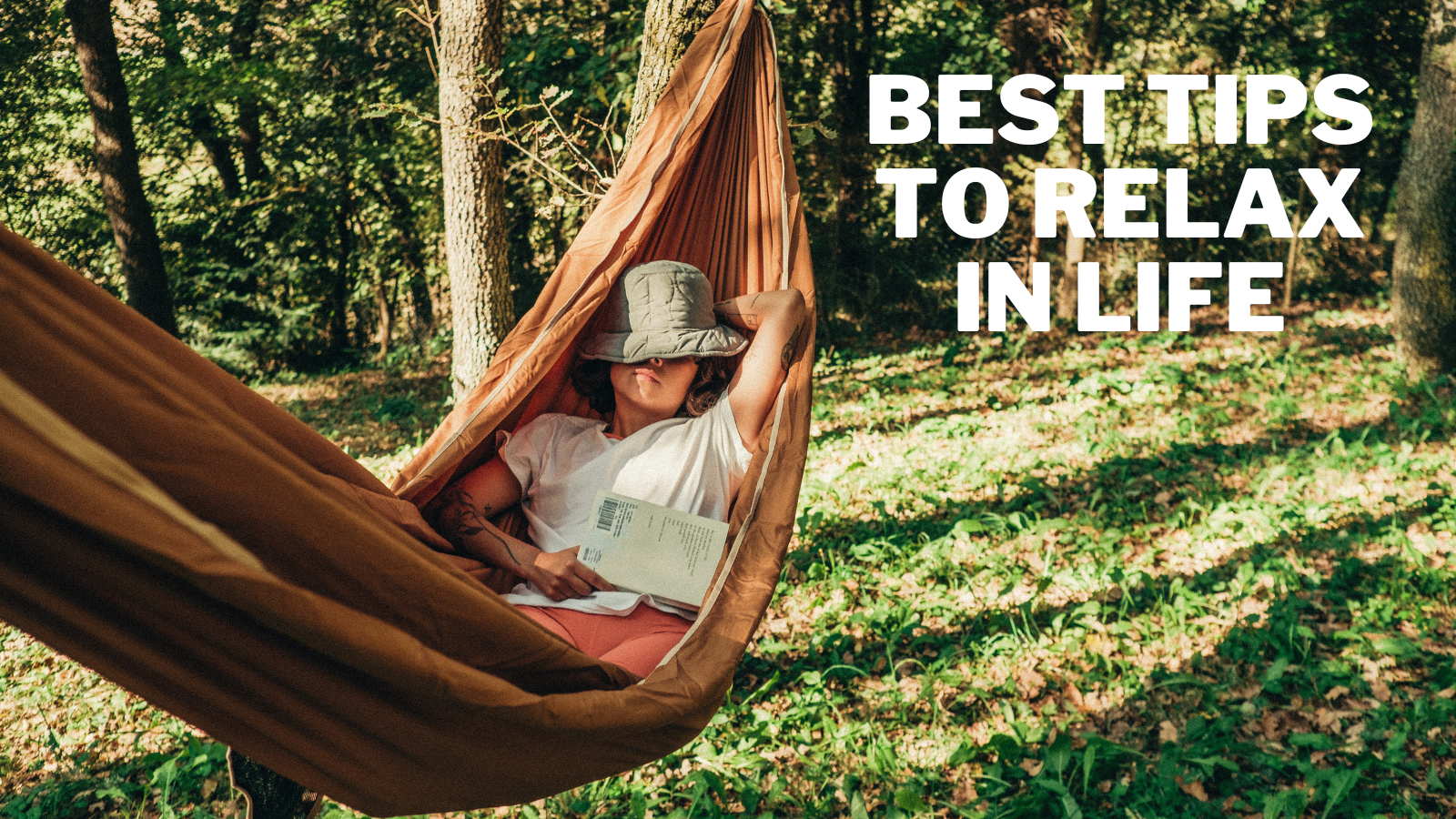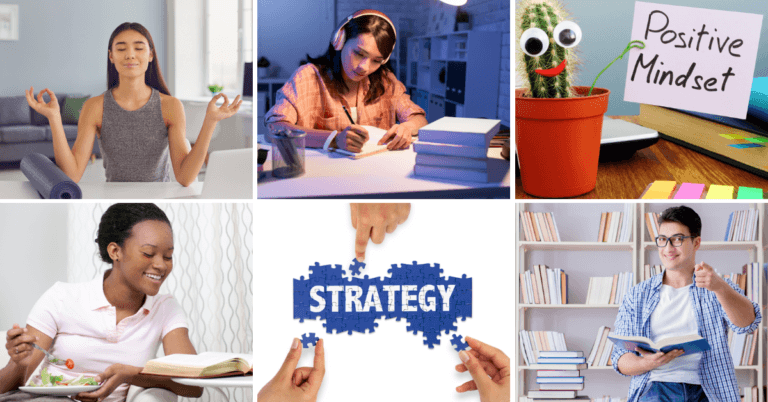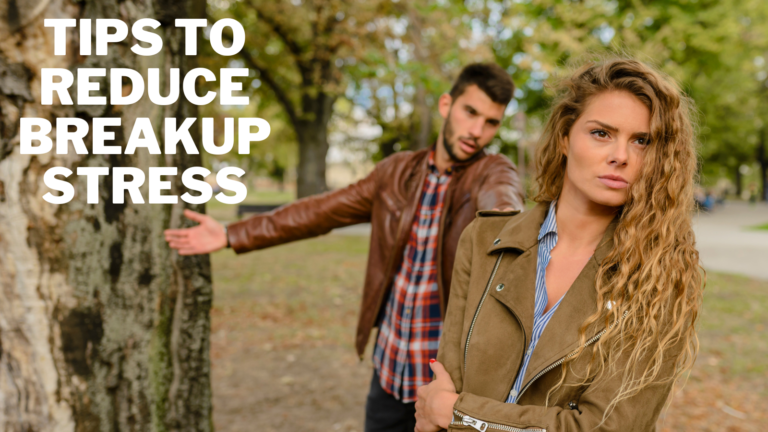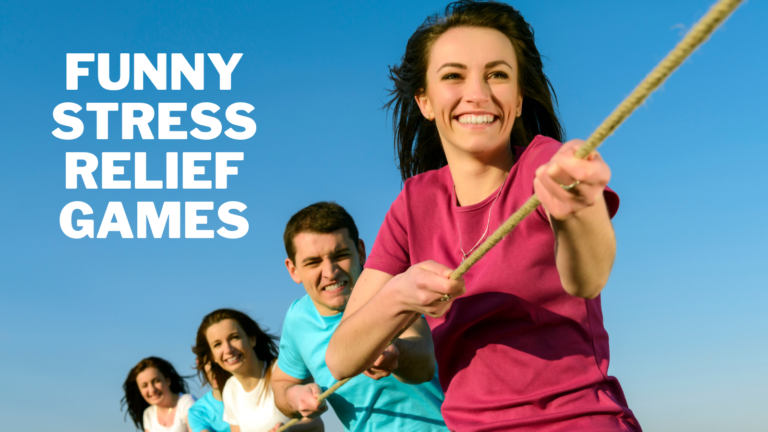Best Tips To Relax In Life
Best Tips To Relax In Life
Without a doubt, living in the contemporary world can be difficult. Finding time for yourself between duties to your family, friends, and job might be challenging. Finding the time is crucial, though.
Your body and mind will benefit from relaxation and help you bounce back from the stresses of daily life. Fortunately, it's easy to learn how to relax and unwind, regardless of how busy you are.
If you're seeking ways to unwind and find tranquillity, I'm here to help. In this response, I'll share some unconventional and refreshing approaches to relaxation that can add a unique touch to your daily routine.
Let's embark on a journey of relaxation and rejuvenation together!
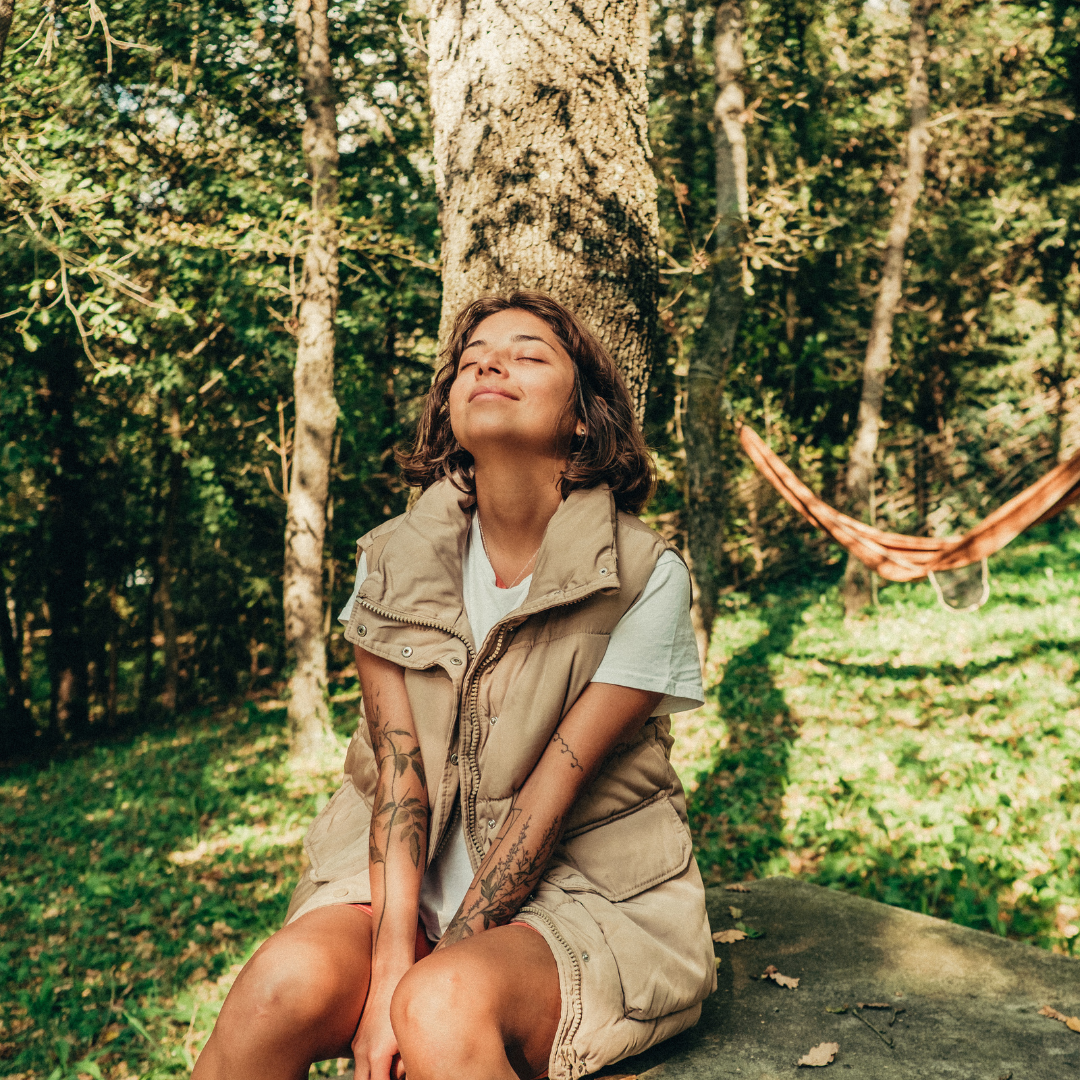
The Importance Of Relaxation In Modern Life
Maintaining a balanced and healthy existence requires regular relaxation. It is simple to feel overwhelmed and agitated in today's fast-paced, demanding world.
It offers a variety of advantages and allows us to rejuvenate both physically and emotionally.
First off, unwinding helps to lessen tension. Our bodies release hormones like cortisol in stress responses, which can harm our health.
High blood pressure, a compromised immune system, and mental health difficulties are just a few health problems resulting from prolonged stress.
Lowering stress levels and fostering a sense of peace and balance can be achieved by practicing relaxation techniques like deep breathing, meditation, or partaking in activities we enjoy.
Additionally, relaxation enhances our capacity for concentration and focus. When we are preoccupied with difficult duties or obligations all the time, our minds can get crowded and overloaded.
We enable our minds to rest and recharge by allowing ourselves to unwind. This regeneration enhances our capacity for focus, problem-solving, and sound judgment.
Relaxation is essential for fostering bodily well-being. Muscle tightness, headaches, and other physical discomforts can result from long-term stress and strain.
Exercises promoting relaxation, such as yoga, massage, or warm baths, allow us to relax muscles, increase blood flow, and relieve pain. Better sleep, which is essential for our general health and vigour, is also supported by regular relaxation.
Our general quality of life is improved by relaxing. It enables us to develop a sense of tranquillity, joy, and contentment within ourselves.
We may appreciate life's basic pleasures and partake in activities that make us happy and fulfilled when we prioritize leisure.
By preventing burnout and helping us find a healthy work-life balance, we can fully enjoy and cherish the important moments.
Unwinding is essential to our health and is not just a luxury. We can lessen stress, increase mental clarity, improve physical health, and ultimately live better lives by implementing relaxation practices into our daily lives.
Take advantage of the advantages that relaxing has for your mind, body, and spirit by making it a priority.
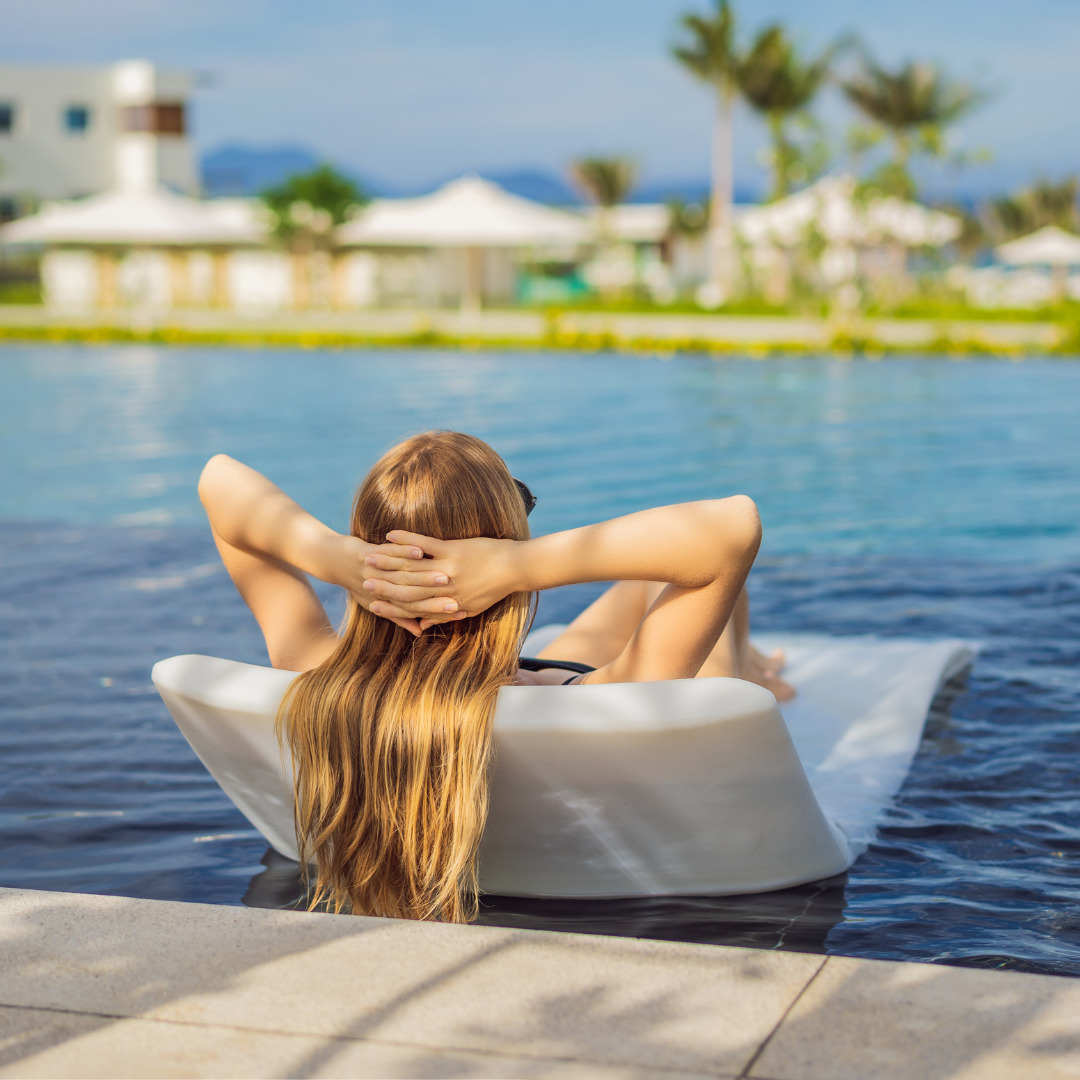
Tips To Relax In Life
The easier the relaxation techniques, the better! You can easily include a quick relaxation technique into your day if you can carve out five minutes for yourself. Here are a few quick techniques for relaxation:

1. Practice Deep Breathing
Deep breathing is a great practice that can promote calmness and relaxation. Locate a peaceful area to sit or lie down to practice deep breathing comfortably.
If closing your eyes will help you concentrate, do so. Start by inhaling slowly and deeply through your nose.
Allow your abdomen to fully stretch as you inhale, feeling the air fill your lungs. With each breath, visualize inviting calm and tranquillity into yourself.
After fully inhaling, pause briefly before slowly exhaling through your mouth. As you exhale, imagine letting go of tension, stress, or unfavourable feelings.
Long, smooth, steady exhalation is what you should aim for. Continue to breathe deeply, paying attention to how your belly gently rises and falls with each breath.
Allow your breathing to slow down and deepen with each cycle, and allow your mind to focus entirely on the breathing sensation. If your thoughts stray, kindly direct them to return to your breathing.

2. Engage In Mindfulness Or Meditation
Relaxation and mental health can be greatly improved by practicing mindfulness or meditation.
Find a place to sit or lie down that is peaceful and comfortable before you start. Close your eyes if doing so will help you concentrate internally and lessen outside distractions.
You can also select a particular focus for your meditation, such as a candle flame, a mantra, or a sound.
Focus on this selected item, letting it serve as an anchor for your consciousness. When your thoughts stray, gently nudge them back toward the focal point.
Additionally, you might look into guided meditation apps or recordings, which offer clear instructions and calming direction throughout the exercise.
You can learn new meditation techniques and develop your practice using these tools.
With practice, your capacity for presence and composure extends outside of your meditation sessions and into other aspects of your daily life.
You become more aware of your ideas, feelings, and bodily sensations, which gives you the freedom and resilience to react to many circumstances.

3. Spend Time In Nature
One of the most effective ways to unwind and revitalize your body and mind is to spend time in nature.
It offers a respite from the daily grind and enables you to commune with nature's beauty and tranquillity.
Find a park, forest, garden, beach, or conveniently accessible natural area. To fully experience nature's beauty, seek locations with vegetation, trees, water, or open areas.
Consider turning off your electronics or putting them on silent mode before going outside. You'll be able to fully focus on the present and put distractions out of your mind.
Use all of your senses while spending time in nature. Take note of the hues, patterns, and forms you see. Pay attention to birds chirping, leaves rustling, and running water.
Take a few deep breaths and notice the scents the air is carrying. You may strengthen your connection to nature and improve relaxation by fully involving yourself in these sensory experiences.
A great approach to unwinding your body and mind is to go for a walk or a hike outdoors.
Allow yourself to fully enjoy your time in nature, whether there for a little while or an extended period. Nature has a way of bringing calmness, lowering stress levels, and inspiring amazement.
Therefore, make it a priority to spend time in nature frequently and allow its beauty and serenity to overtake you, giving rest and renewal to your life.
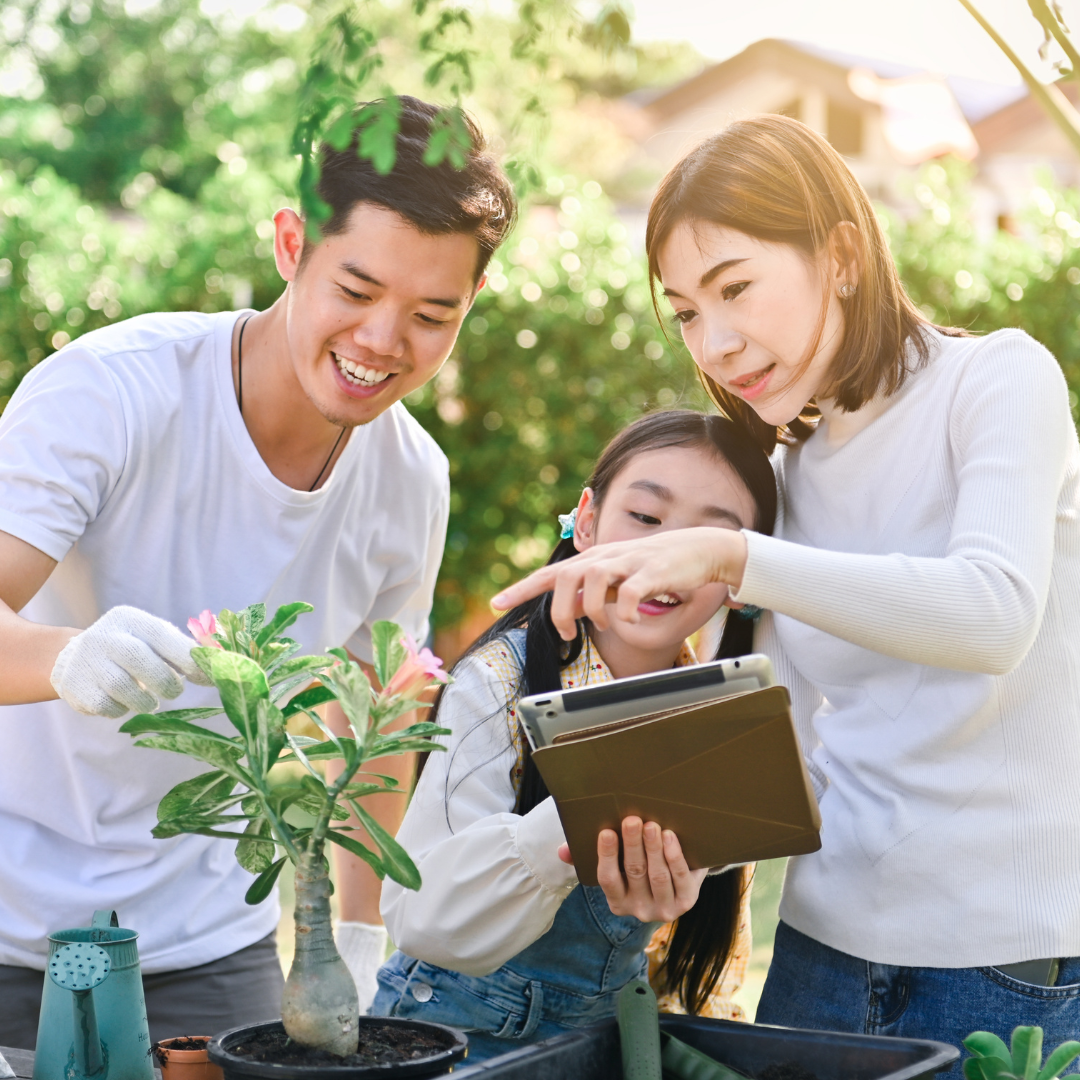
4. Engage In A Creative Activity
Choose a creative endeavour that suits your personality and tastes after considering several creative pursuits that catch your attention.
Painting, drawing, music, writing, sculpting, knitting, photography, and other artistic endeavours are all examples of artistic expression.
By experimenting with various mediums and approaches, find what makes you happy and relaxed.
Create a special area in which to carry out your preferred creative activity. Create an inviting and motivating environment by organizing your supplies.
Make that you have adequate lighting, a clean workspace, and any essential tools or materials close at hand. Establish a regular time slot for your creative activities.
Depending on your schedule, it can take a few minutes every day or longer periods once a week. Think about the process rather than the outcome as you work on your creative project.
Letting go of expectations and judgments allows you to immerse yourself in the present moment. Accept the excitement of invention and experimentation with your chosen media.
Remember that the goal of creative endeavours is only sometimes to create a perfect work of art. Accept flaws and see them as a necessary part of the creative process.
Allow yourself to make errors so you may grow as an artist by learning from them. Consider sharing your creative work with others if you feel comfortable doing so.
Share it with your friends, family, or internet communities if appropriate. Sharing your work with others can strengthen connections, motivate people, and give you useful feedback.
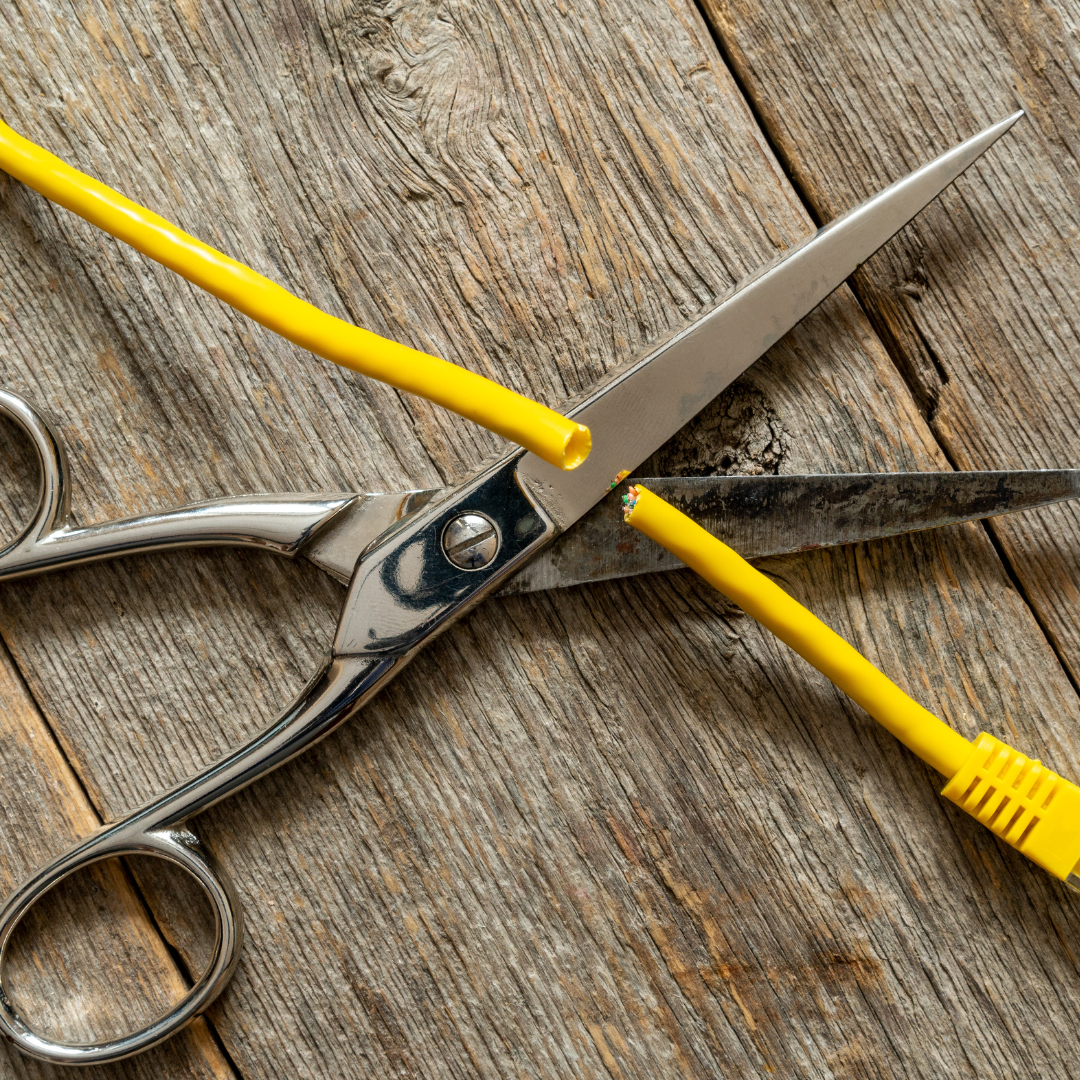
5. Disconnect From Technology
Focus on the process rather than the result when working on your creative project. Letting up of expectations and judgments will help you fully immerse yourself in the present.
Enjoy the creative process and learn more about the media you've chosen. Remember that creative endeavours do not necessarily aim to create perfect works of art.
Accept flaws as part of the creative process and embrace them. Embrace making errors so you may improve as an artist by learning from them. Consider sharing your artistic endeavours with others if it makes you feel comfortable.
Share it with your friends, family, or even online communities if you think it would be appropriate.
A sense of community can be cultivated by sharing your work, motivating others, and giving useful feedback.
When you utilize technology, try to do it with awareness and purpose. Understand the effects of your online time on your health.
Set boundaries for yourself, such as not spending the entire day scrolling through social media or designating specific times of the day to check your email.
Utilize technology as a tool to enhance your life rather than allowing it to consume all of your time and attention.

6. Cultivate A Relaxing Bedtime Routine
Set a consistent sleep schedule by going to bed and waking up at the same time every day, including on the weekends. This improves sleep quality and helps to adjust your body's internal clock.
Make sure your bedroom is a peaceful and welcoming place. Remove any distractions or clutter that can prevent relaxation, dim the lights, and set the temperature to a comfortable level.
Reduce screen usage, including computers, tablets, and cell phones, for at least an hour before bed. The blue light these devices produce can make it harder to get a good night's sleep.
Choose screen-free activities to help you relax and prepare for bed instead. Large meals should be avoided right before night because they can make falling asleep difficult.
Instead, choose warm milk or herbal tea because they can help you relax. Make sure your bedroom is set up for rest.
Invest in a comfy mattress and pillows, cover your eyes with a blackout curtain or eye mask to block out light, and if noisy neighbours are an issue, try earplugs or a white noise machine.
You should adjust your bedtime regimen based on your preferences and requirements. Try out several activities and times to see what best suits you.
After adding certain components to your program, consider how you feel and make any required adjustments.
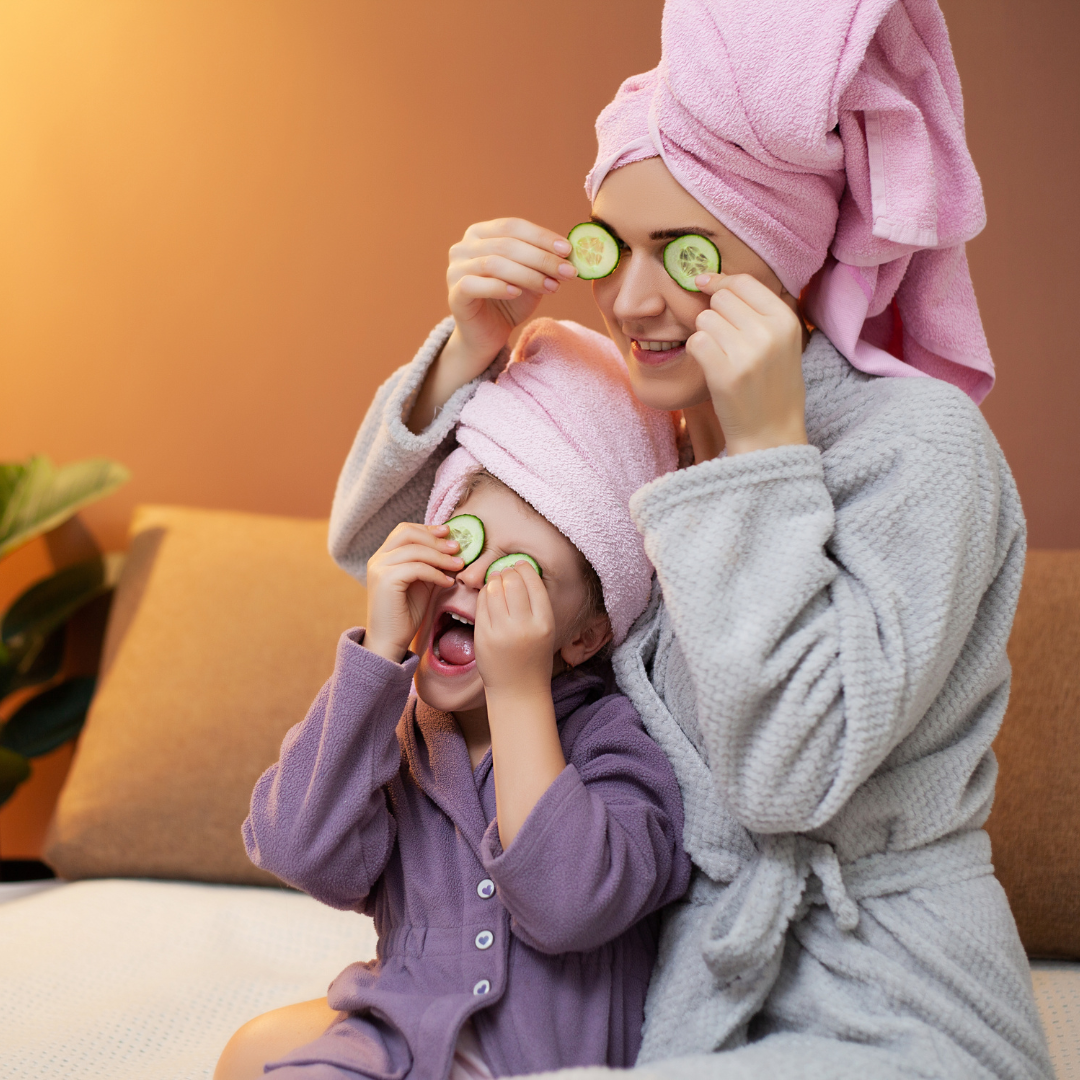
7. Pamper Yourself
Make a peaceful environment the foundation for relaxing. Use aromatherapy to fill the area with calming scents, dim the lights, and play relaxing music or nature sounds.
Use essential oils that promote relaxation, such as lavender, chamomile, or ylang-ylang.
Draw a warm bath and fill it with Epsom salts, bubble baths, or fragrant oils. Allow yourself to relax as you soak in the warm water, which will help to relieve muscle tension.
Spend this time meditating, paying attention to your breathing, or just taking in the warmth of the water.
You can massage yourself by scheduling a professional appointment or performing self-massage at home.
To relieve tension in your body, use soft pressure and calming strokes. You can also utilize massage equipment like massage balls or foam rollers to target particular knots in your body.
Spend time engaging in a pastime or activity that makes you happy and relaxed. It might be anything creative that helps you to express yourself and achieve a state of flow, such as knitting, painting, gardening, or playing an instrument.
Set aside some time to engage in mindfulness or meditation daily. Find a peaceful place, settle in, and focus on the here and now.
Pay attention to your breathing, body sensations, or sounds. Without judgment, allow yourself to watch your thoughts as they come and go.
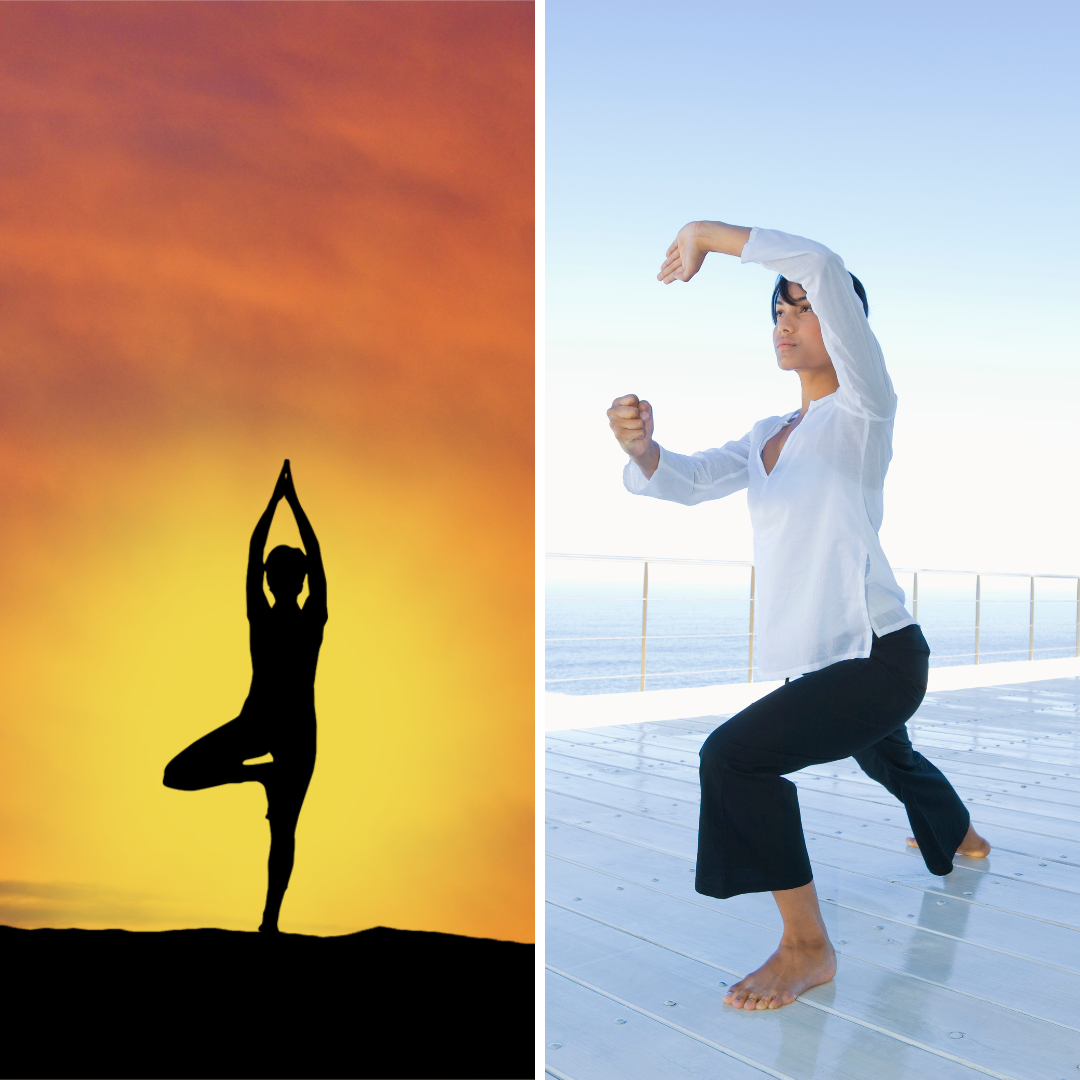
8. Practice Yoga Or Tai Chi
Yoga and tai chi exercises can be very good for stress relief, flexibility, and general health. Start with mild, beginner-friendly positions if you're new to yoga.
Concentrate on poses like Child's Pose, Cat-Cow Pose, and Standing Forward Fold that encourage flexibility and relaxation.
These postures promote calmness and aid in the release of physical tension. The relationship between breath and movement is emphasized in yoga.
While executing yoga positions, use deep breathing techniques, such as diaphragmatic breathing or alternative nostril breathing.
The nervous system can be calmed, and relaxation is improved by deep breathing. Try fluid sequences like Vinyasa flows or Sun Salutations as you advance.
Consider taking a tai chi class or seeking a certified instructor who can help you master the fundamentals and techniques of tai chi.
You may learn confidently and progress rapidly when you take lessons from a qualified teacher. You should warm up your muscles and joints before practicing tai chi.
These involve joint rotations, neck and shoulder rolls, and moderate stretches. Thanks to warm-up activities, your body is ready for tai chi's fluid motions.
Tai chi focuses on developing a meditative state of mind in addition to its physical exercises.
While performing the exercises, be aware of your breathing, your body's sensations, and the here and now.
Throughout your practice, adopt a mindset of calm and mindfulness. Yoga and tai chi both incorporate physical activity, breath control, and mindfulness to provide a holistic approach to relaxing.
No matter which ancient practices you select for relaxation and inner peace—yoga, tai chi, or a combination—enter the practice with an open mind and enjoy the experience.

9. Laugh And Have Fun
Pick a comedy special, sitcom, or film that makes you laugh. Make time to view this lighthearted and hilarious content.
Comedy-induced laughter can cause the body's natural feel-good hormones, endorphins, to be released, which can help with relaxation and general well-being.
Spend time with people with a fantastic sense of humour, whether friends or family.
Plan activities you can do together, like game evenings, karaoke sessions, or just hanging out and telling jokes.
Being around funny people can naturally make you smile because laughter is contagious.
Play and laugh with others, and embrace your inner child. This can involve playing board games, participating in outdoor sports or activities, dancing like no one is watching, or even pulling lighthearted practical jokes (as long as they aren't too offensive).
Give your friends and family a laugh by sharing amusing videos, memes, or jokes. Spread laughter and joy by using social media sites or group discussions.
You'll not only make people smile, but you'll also get a good laugh yourself. See if any live comedy shows are happening at clubs or other events in your area.
Daily laughter meditation should take up a small amount of time. Place yourself in a relaxed position and pretend to chuckle.
Pretending to laugh can frequently transform into real laughter, even if it initially feels forced. To completely accept the experience, permit yourself to let go.
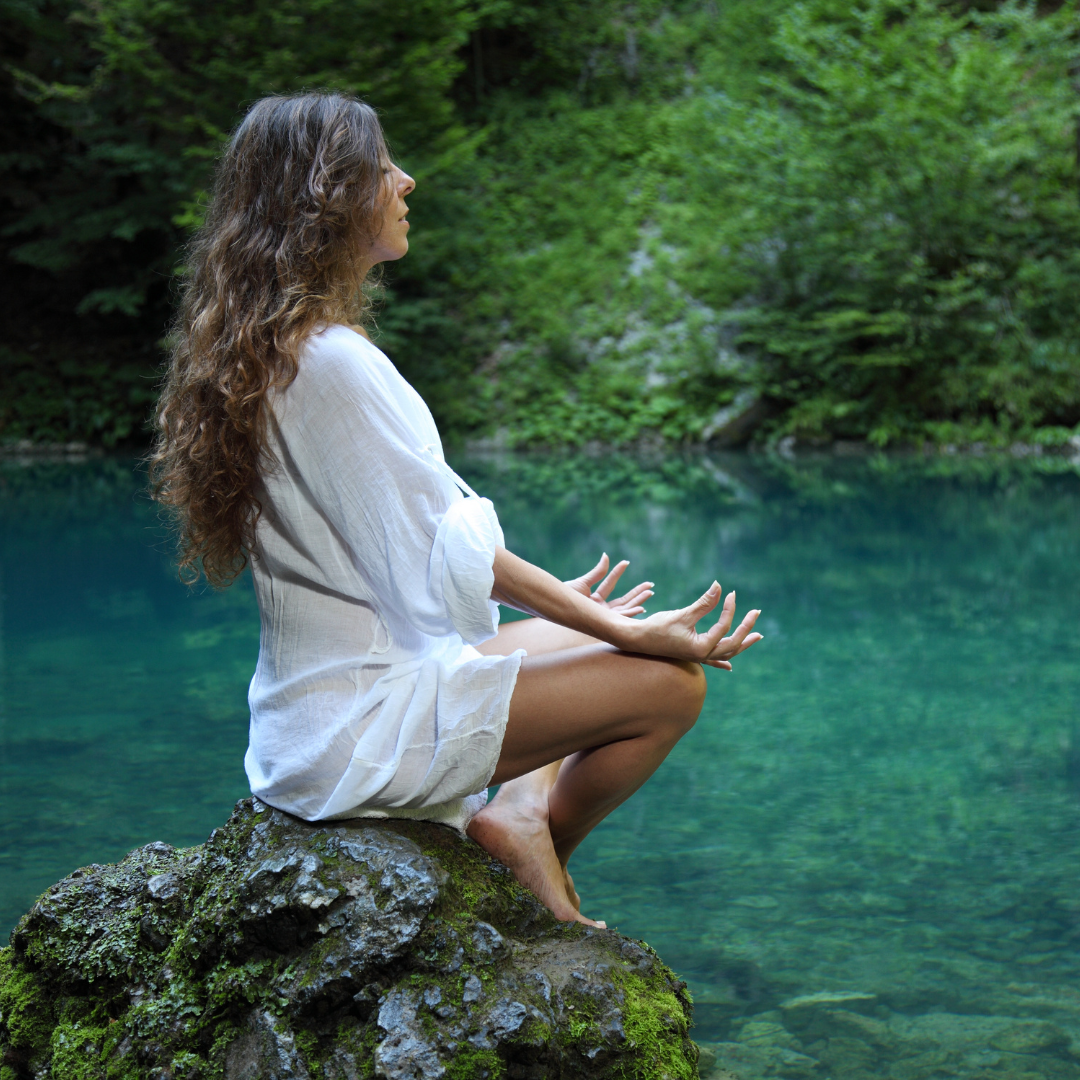
Conclusion
In conclusion, having a healthy and fulfilling life requires relaxation. It enables us to refuel, lessen tension, and preserve our general well-being.
We can create a stronger sense of calm, inner peace, and resilience by adding several relaxation practices into our daily routines.
Deep breathing, mindfulness, being in nature, doing creative things, switching off from technology, and self-care are just a few of the relaxation practices that can help us unwind and find balance amid the demands of daily life.
Remember that unwinding is essential for our mental, emotional, and physical well-being rather than a luxury.
So make time for self-care, put relaxation first, and learn the techniques that suit you best. Accept downtime as a necessary component of your existence.
I trust you enjoyed this article on the Best Tips To Relax In Life. Please stay tuned for more blog posts to come shortly. Take care!
JeannetteZ
>>>Please click here to read my all-inclusive article about Lessons That Will Teach You All About Stress<<<
>>>Are you interested in Natural Healing And Stress Relief Through Herbs? Please click here for my #1 Recommendation<<<
Your Opinion Is Important To Me
Thoughts? Ideas? Questions? I would love to hear from you. Please leave me your questions, experiences, and remarks about this article on the Best Tips To Relax In Life in the comments section below. You can also reach me by email at Jeannette@Close-To-Nature.org.
Disclosure
This post may contain affiliate links. I earn from qualifying purchases as an Amazon Associate and other affiliate programs. Please read my full affiliate disclosure.
You might also enjoy these blog posts:
Grow Million Bells Flowers In Containers
Best Tips To Help Your Family Connect With Nature
How To Improve Your Marriage With Meditation

